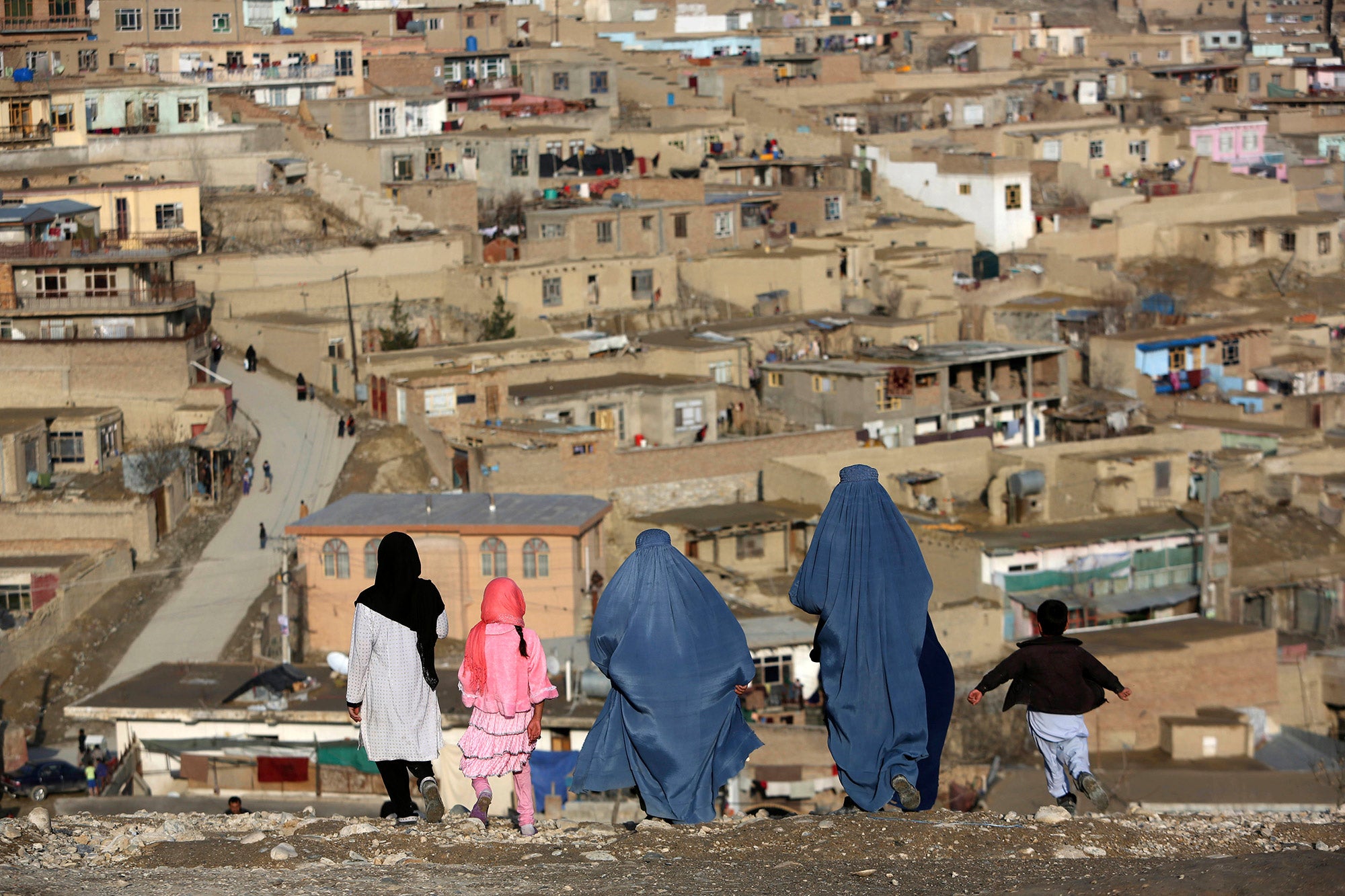Should Anyone Believe Taliban Pledges to Respect Women’s Rights?
In a news conference on Tuesday, the first since the Taliban gained control of the Afghan capital, Kabul, the official Taliban spokesperson, Zabiullah Mujahid sought to reassure women.

“Our sisters, our men have the same rights,” he said. “They are going to be working with us, shoulder to shoulder with us. But rather than trust the Taliban, many women activists and journalists in Kabul are voting with their feet, seeking desperately to flee the country, though doing so has been made extremely difficult by the chaos and dysfunction at the airport, and the risks of being questioned at Taliban checkpoints on the way. As they await departure, some of these women are in hiding, terrified. Many women activists fear they are at risk because of their work to promote women’s rights or because they took on high-profile roles by serving as judges, police officers, soldiers, and government officials. A PR drive While these women are seeking to escape, the Taliban is on a charm offensive. Having swept to power at a speed that astonished almost everyone, they now seem eager to convince the world that they are statesmen, ready to be a responsible member of the global community of nations. But it will take much more than a congenial news conference and gestures such as Taliban leaders allowing female journalists to interview them to convince Afghan women and girls, whose futures and even their lives may depend on not getting it wrong. Afghan women know the Taliban’s history all too well. When they were previously in power from 1996 to 2001, they banned most education for women and girls and confined women to their homes unless a male family member was with them, denying them access to most jobs — or even freedom to leave their house for a walk. Even in the news conference designed to reassure women, cracks were showing. Mujahid also said: “[T]here’s not going to be any discrimination against women, but of course within the frameworks that we have. Our women are Muslim.
They will also be happy to be living within our frameworks of Sharia.” ‘Framework of Islam’ During their previous years in power as well, the Taliban claimed they were granting women all rights within their interpretation of the “frameworks of Islam,” and that the restrictions were in response to the ongoing conflict.
They have not explained whether their views have changed, and their actions on the ground have often been out of sync with, and much harsher than, their statements.
Their abuses are not in the distant past either. In recent weeks, as they gained territory, there were reports of them barring girls and women from education in some districts, pushing women out of jobs, and ordering women not to go out in public without a male family member—all shades of pre-2001. Even if the Taliban fully complied with their most moderate statements, they would still fall far short of their obligations under international human rights law. Afghanistan is bound by treaties it joined, which include the United Nations convention on women’s rights. It obligates governments to actively ensure women’s “human rights and fundamental freedoms on a basis of equality with men.” International law protects women’s right to dress as they please, live where they want, move freely, engage in any occupation, be free from violence, and make their own sexual and reproductive choices. It is extremely difficult to imagine a Taliban government respecting all these rights. But there is a danger that countries withdrawing from Afghanistan, humiliated by the Taliban’s military victory and keen to move on, will be too ready to cheer token improvements, such as girls being allowed to attend primary school, and fail to press the Taliban to fully respect the rights of women and girls.
The international community still has tools it can use to hold the Taliban accountable, including sanctions and aid conditionality, though these would need to be carefully crafted to avoid harming access to humanitarian assistance and essential services such as education and health care.
These services depend entirely on international funding, in a country where up to 72 per cent of the population lives in poverty. International pressure UN bodies, such as the Security Council and the Human Rights Council, the ongoing involvement of the International Criminal Court, treaty bodies, special rapporteurs, and the UN Assistance Mission in Afghanistan are also important.
The Taliban should demonstrate they are serious about respecting human rights by allowing the UN and Afghan and international human rights organisations to freely monitor and investigate the human rights situation across the country. In the last 20 years, a generation of Afghan girls and young women grew up. Many of them have been able to pursue their dreams by studying, working, and changing their country and the world.
They have known of the period of Taliban rule as one of many haunting their country’s past and have been grateful that, unlike their mothers and grandmothers, they escaped the abuses of that and earlier times. As a Kabul University student told NPR, “Right now, at this moment, it looks like a nightmare. Everything we have worked for is collapsing right before our eyes. I don’t know what to feel and think anymore.” When you have a history of, as one activist put it, treating women as “subhuman,” you don’t get the benefit of the doubt. If the Taliban want to convince the world that they have changed they need to prove it, and the world should compel them to do so.
Read the full article at the original website
References:
